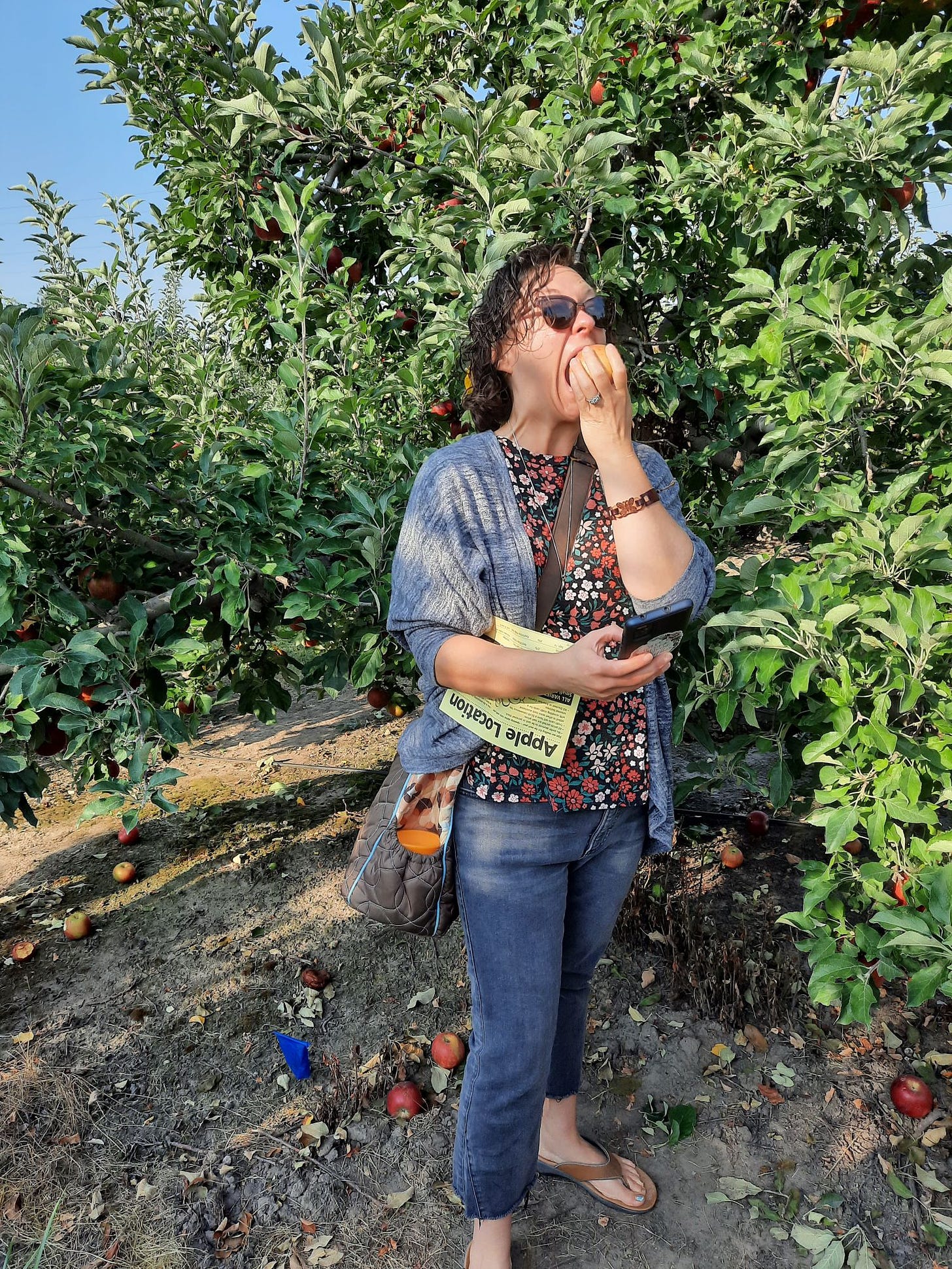
There is a need, I thought, for us to make something happen before its time. We want the promise to be fulfilled, the suffering to end, the project to be completed, the dream to blossom. Endurance presses us to wait “longer than you would,” in order that what is meant to ripen perfectly, will do so at the proper time.
For the audio version of this essay, please click below:
You are a witness to the price of costly love.
My spiritual director spoke these words with conviction during a past conversation. I received their power and held them close to my trembling heart.
You see, my spiritual director has accompanied me for almost ten years. There are many specifics about my life I no longer have to speak aloud; she can discern what is happening, based on my tonal inflection or a sigh or a pause.
“What do I have left?” I asked sincerely, without pretense or dramatic flair.
“You are being burnished in the crucible,” she answered. “The words that you write will be truth.”
Then she shared a poem. I was at that time unfamiliar with the work of David Whyte, but my heart was burning as she read his words from the poem “Winter Apple”:
Let the apple ripen
on the branch
beyond your need
to take it down.
Let the coolness of autumn
and the breathing,
blowing wind
test its adherence
to endurance,
let the others fall.
Wait longer
than you would,
go against yourself,
find the pale nobility
of quiet that ripening
demands…1
I closed my eyes and envisioned myself in an orchard during the deep months of a hard winter. I pictured the barren trees, all but one with a single ripe apple dangling on a low twig. I grabbed the apple, loosening its stem from the flimsy edge of the tree’s branch and ingested its sweetness, savoring every crunch and drip of juice that ran down my chin.
There is a need, I thought, for us to make something happen before its time. We want the promise to be fulfilled, the suffering to end, the project to be completed, the dream to blossom. Endurance presses us to wait “longer than you would,” in order that what is meant to ripen perfectly, will do so at the proper time.
Let the others fall. Yes, yes, I thought. Then I recalled a moment two autumns ago, in which I was taking my daily walk around the neighborhood park, and came upon a young oak. All the other deciduous trees had lost their leaves, so that every branch was bare. But the little oak had kept its brown, crumpled death and did not let go so easily.
It occurred to me that all the oaks prefer to lose their leaves late in the season. And I remembered that sometimes the best masterpieces happen to those of us who are late to arrive at the scene, those who might be considered late bloomers, or who happen to miss out on the trends of the times.
You are a witness to the price of costly love.
You and I, we are the apple still clinging to its home far past its time of harvesting. All the others have accomplished their purpose according to the typical timeline. They have done what is expected of them. And they all look at the rest of us as if we are mad.
In a sense, we are. Costly love sometimes hangs on beyond what appears to be a reasonable amount of time. And sometimes it lets go before the rest. The point is that it pays attention to what is asked of it, whether or not it makes sense to everything or everyone else around it.
Costly love is not concerned with the rise and fall of the others. Let the others fall, it tells itself when it’s asked to wait longer than it would, or maybe should. Love costs us everything. It demands our time and our attention, points to our need to belong or stand out, and separates our abundance from our lack.
Love is the winter apple that, when perfectly ripened—yes, even in winter—is enjoyed, appreciated, and valued for the wisdom of the wait.
If you’d like to support my work but can’t commit to a monthly or annual subscription, you can make a one-time donation as a tip here.
The Book Club for Busy Readers
I’m pleased to announce that I’ll be hosting a monthly virtual book club for all of my Substack subscribers, starting in January. Generally, these will be held on the second Sunday of every month (unless otherwise noted) from 2-3:30 PM Eastern via Zoom. In two cases, I have authors who will make a guest appearance to discuss their book with us. If you are interested in joining, I will need you to send an email (jeannie [dot] ewing 07 [at] gmail [dot] com—without spaces), so that I can extend the Zoom invitation month to month.
Click here for more information:
If you enjoyed this essay, please consider clicking the heart, commenting, and sharing it on your social platforms. Here are a few additional articles related to this topic that might interest you:
https://www.designingyourlife.coach/blog/2021/2/25/winter-apple-by-david-whyte








Jeannie, I love the poem, and I love this entire post. This really resonated with me: "Sometimes the best masterpieces happen to those of us who are late to arrive at the scene, those who might be considered late bloomers, or who happen to miss out on the trends of the times." I consider myself a late bloomer whose goals came later in life -- from motherhood to my art career.
Thank you for this post. Much appreciated.
Love is the winter apple that, when perfectly ripened—yes, even in winter—is enjoyed, appreciated, and valued for the wisdom of the wait." This line is so beautiful and profound. It reminds me that sometimes the most precious things in life require patience and perseverance.